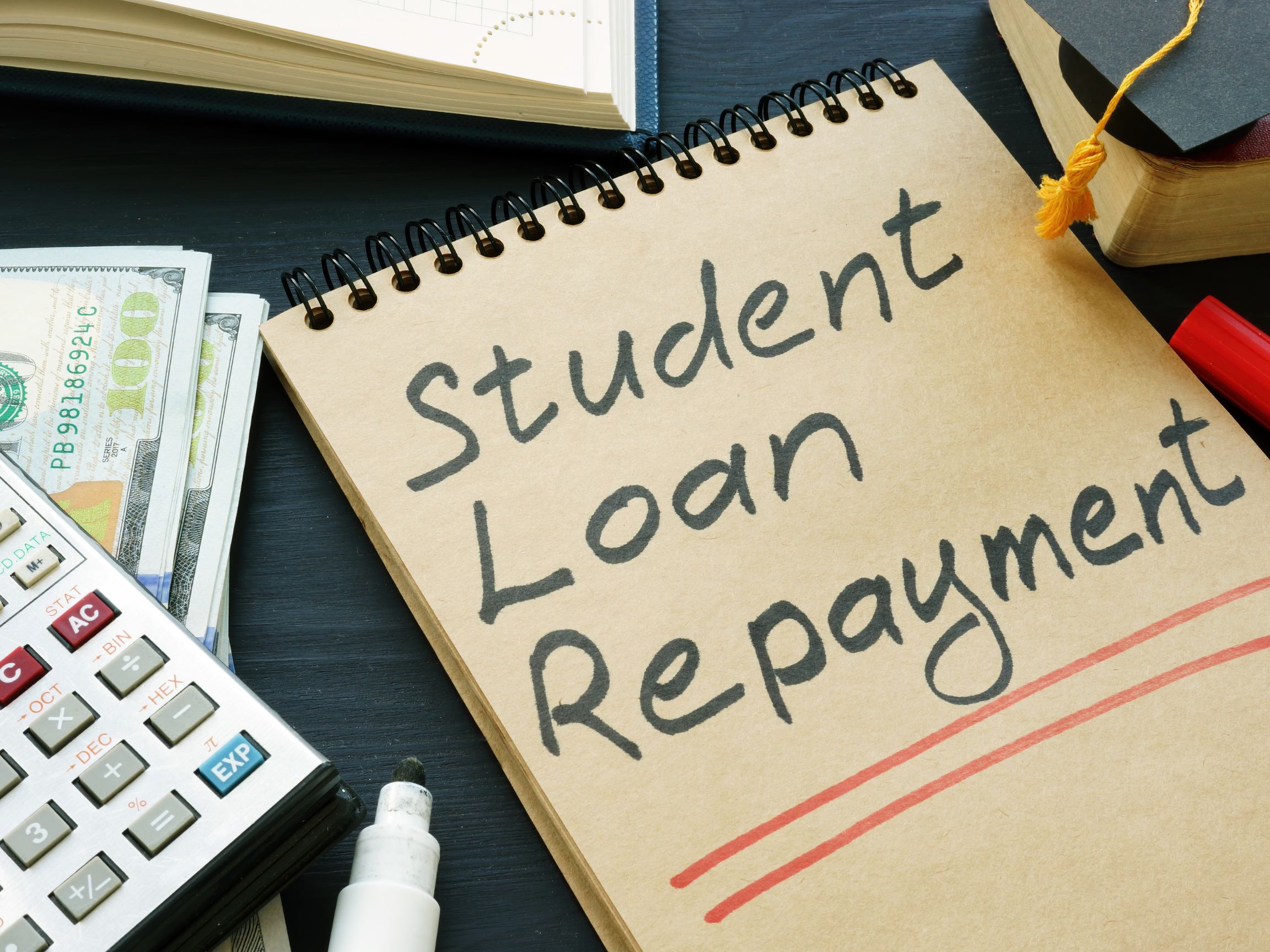
08 Feb CARES Act expansion of IRC Section 127: Tax savings on student loan repayment assistance
Under Section 127 of the Internal Revenue Code (IRC), employers are allowed to provide tax-free payments of up to $5,250 per year to eligible employees for qualified educational expenses. To be considered qualified, payments must be made in accordance with an employer’s written educational assistance plan.
The Coronavirus Aid, Relief and Economic Security (CARES) Act amended Section 127 to include student loan repayment assistance as a qualified educational expense. The expansion of Section 127 allows employers to make payments for student loans without the employee incurring taxable income and the payment is a deductible expense for the employer, resulting in tax advantages to both parties.
Originally, the CARES Act was a temporary measure allowing tax-free principal or interest payments made between March 27, 2020, and December 31, 2020. Due to the difficulties in adopting a formal education assistance plan, many employers were unable to take advantage of the temporary incentive. As a result, the Consolidated Appropriations Act signed into law on December 27th, 2020 extended the provision for five years through December 31, 2025.
Employer requirements
For payments to qualify as tax-free under Section 127, you (the employer) must meet the following requirements:
- The employer must have a written educational assistance plan
- The plan must not offer other taxable benefits or remuneration that can be chosen instead of educational assistance (cash or noncash)
- The plan must not discriminate in favor of highly compensated employees
- An employee may not receive more than $5,250 from all employers combined
- Eligible employees must be reasonably notified of the plan
Eligible employees include current and laid-off employees, retired employees, and disabled employees. Spouses or dependents of employees are not eligible. Payments of principal or interest can be made directly to employees as reimbursement for amounts already paid (support for student loan payments should be provided by the employee) or payments can be made directly to the lender. Other educational expenses that qualify under Section 127 include:
- Tuition for graduate or undergraduate level programs, which do not have to be job-related
- Books, supplies, and necessary equipment, not including meals, lodging, transportation, or supplies that employees may keep after the course is completed
The five-year extension of this student loan repayment assistance can provide tax savings to both employers (employer portion of FICA) and employees (federal and state withholding, and FICA). Additionally, offering a qualified educational assistance program may help strengthen an employer’s recruitment and retention efforts.
Original content by clergyfinancial.com. This information is provided with the understanding that Payroll Partners is not rendering legal, human resources, or other professional advice or service. Professional advice on specific issues should be sought from a lawyer, HR consultant or other professional.


